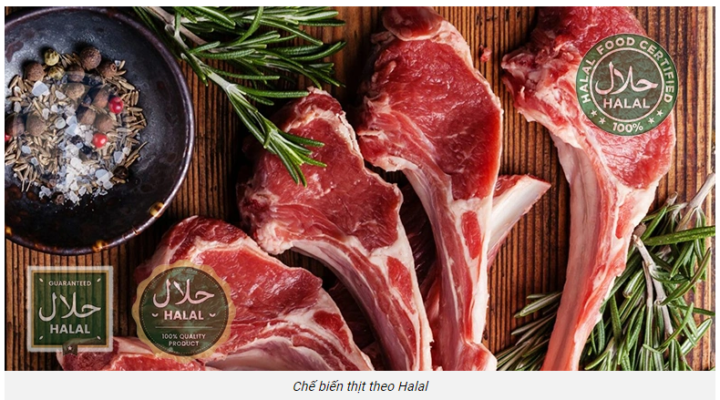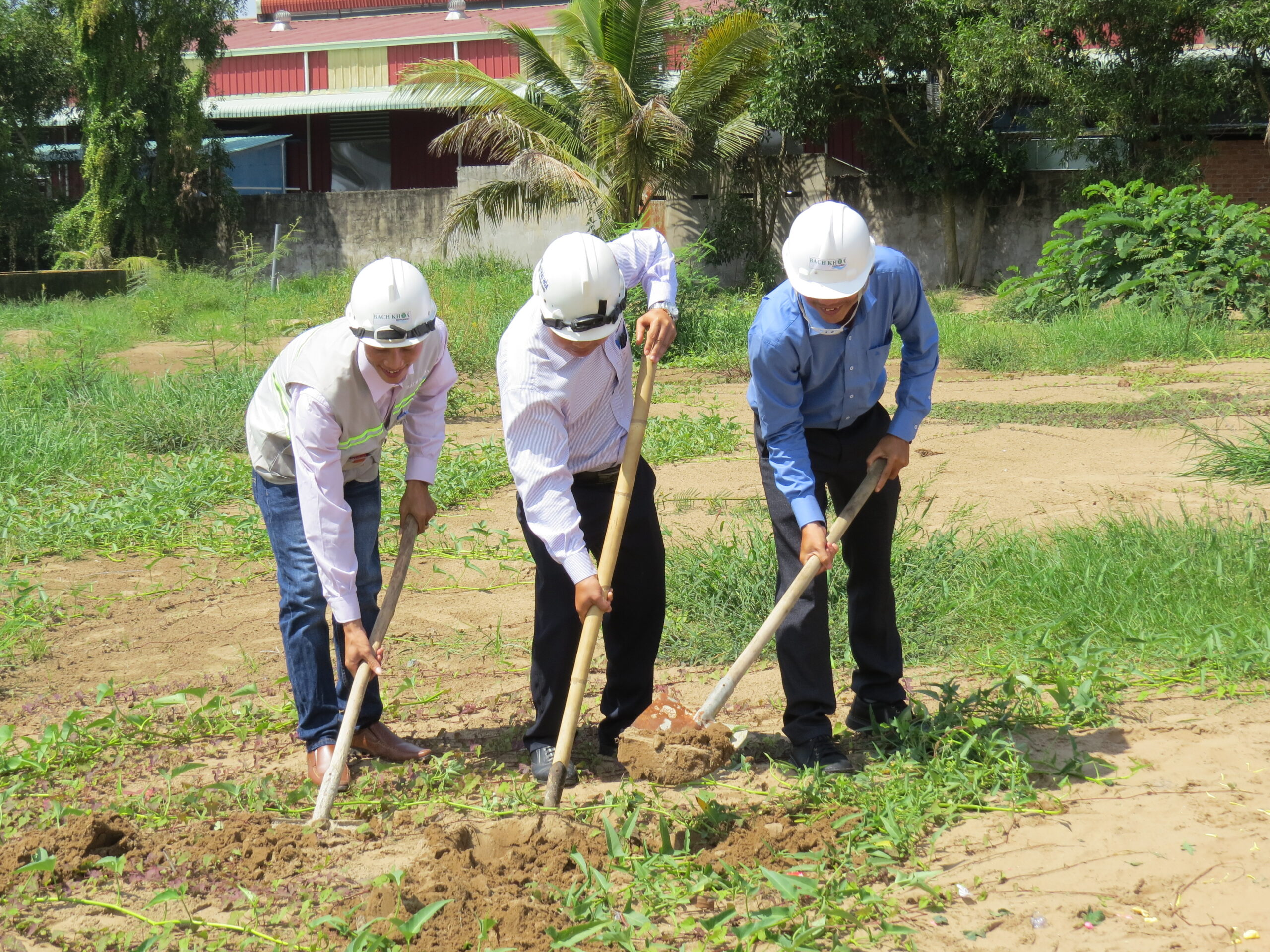No products in the cart.
News
What is Halal Certified? Development Prospects in Vietnam Market
What is Halal Food?
Halal food is food products that are produced and processed according to Islamic law. The term “Halal” means “wholesome”, “lawful” or “permissible” in Arabic. Halal food not only meets food safety and hygiene standards but also complies with regulations on origin, slaughtering, processing and ingredients.

Main regulations on Halal food:
Food origin:
- Animals slaughtered must be healthy, properly nourished and free of disease.
- Food must not contain prohibited ingredients such as pork, blood, alcohol and addictive substances.
Slaughter method:
- Animals must be slaughtered by cutting the main artery in the neck, while reciting the Koranic verse.
- The slaughtering process must be done quickly and humanely.
Processing and storage:
- Halal food must be processed and stored in a clean environment, not contaminated by non-Halal substances.
- Tools and equipment used in the processing must be thoroughly cleaned.
Packaging and labeling:
- Halal products must be packaged and labeled clearly, with full information about ingredients, origin and Halal certification.
Why is Halal food important?
- Religion: For Muslims, consuming Halal food is a religious obligation.
- Health: Halal food regulations ensure that food is clean, safe and healthy.
- Market: With the growing Muslim population in the world, the Halal food market is expanding and becoming a great business opportunity.
Halal certification
To ensure that a product is truly Halal, businesses often apply for Halal certification from reputable certification organizations. Halal certification is a rigorous assessment process, including inspection of the entire production and processing process.
Which products are Halal standards usually applied to?
Halal standards are not only applied to food but also extended to other areas such as:
- Beverages: Drinking water, fruit juice, alcoholic beverages (non-alcoholic according to Islamic law)
- Cosmetics: Skin care products, hair care products, makeup cosmetics
- Medicines: Medicines, functional foods

Currently, Vietnam has 05 national standards on Halal:
– TCVN 12944: 2020: Halal food – General requirements
– TCVN 13708: 2023: Good agricultural practices for Halal production facilities
– TCVN 13709: 2023: Halal animal feed
– TCVN 13710: 2023: Halal food – Requirements for animal slaughter
– TCVN 13888: 2023: Conformity assessment – Requirements for product, process and service certification organizations Halal.
Halal certification activities: Halal products are managed by the Law on Product Quality; Pharmaceutical Law, Food Safety Law; Standard 13888: 2023 meets the capacity requirements of Halal certification organizations
HALAL CERTIFIED ENTERPRISES
Since 2016, famous beverage products on the market, including Dr Thanh Heat-clearing Tea, Zero Degree Green Tea, Number One Energy Drink of Tan Hiep Phat – have achieved Halal Certification for Muslim countries.
Some Vietnamese companies such as: Orion Vina, Vinamik, Nestlé Vietnam, Cai Lan Oils and Fats Industries, Tuong An Vegetable Oil Company, Minh Phu Seafood Company… have received Halal certification. Currently, each year Vietnam has about 50 companies that are granted Halal certification with products mainly seafood, beverages, canned foods, confectionery, vegetarian food and pharmaceuticals.
Websites of Halal certification organizations in Vietnam:
- Halal Vietnam: https://halalvietnam.vn/
- Halal Certification Agency (HCA): https://halal.vn/
Currently, Thai Hoa Industrial Park Management Board is linking with partners in the supply chain to provide foods for Muslims with HALAL food certification. We would like to invite businesses that are manufacturing in Thai Hoa Industrial Park and want to connect with these partners to expand business opportunities and develop for businesses, please contact Thai Hoa Industrial Park Management Board for support and connection. Contact Hotline: 0941419139. Sincerely!



 Tiếng Việt
Tiếng Việt


